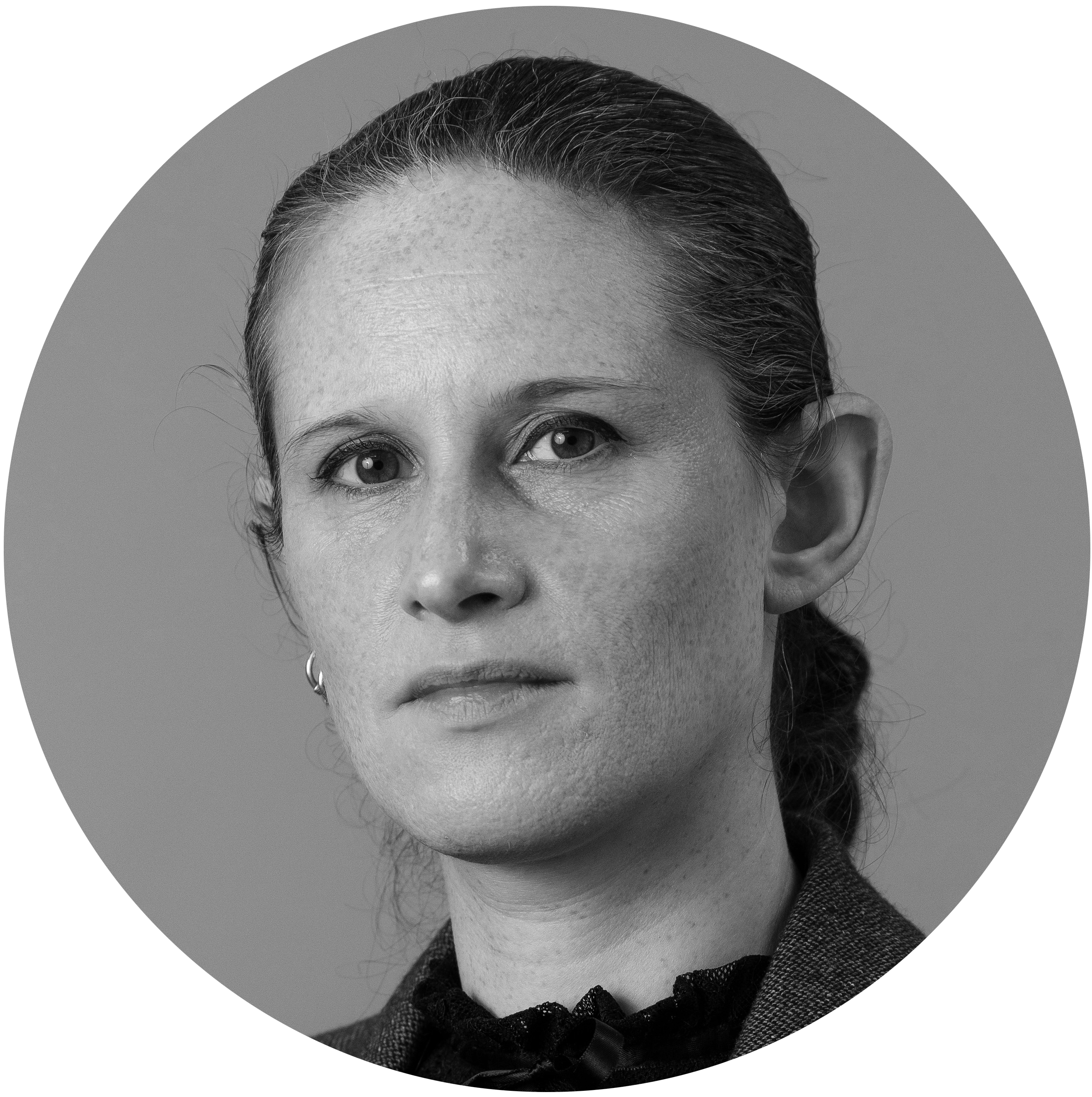New York, NY – June 27, 2025 – The Higher Education Video Game Alliance (HEVGA) today announced its 2025 HEVGA Fellows at the Games for Change (G4C) Festival. Four new members were inducted.
Established in 2017, HEVGA’s Fellows Program recognizes senior scholars in the games domain who have made significant contributions to the field in design, theory, or research. HEVGA Fellows are elected by their peers for outstanding contributions to games-based research and design in higher education. Fellows serve as integral ambassadors for the organization and are inducted as lifetime members.
Because fellowship is achieved by election, there is no fellowship application process and nominations may only be submitted and confirmed by current Fellows. Consideration of a candidate begins with their nomination, followed by an extensive and careful vetting process that results in a final ballot of current Fellows.
In 2025, HEVGA’s Fellows inducted five new members:

Stephanie Barish
CEO – IndieCade
Stephanie Barish is the founder and CEO of IndieCade, one of the world’s premier independent games festivals. Barish began her career bridging cinema and interactive media—working on the film Mortal Kombat, producing projects for the USC Shoah Foundation, and helping setup USC’s Institute for Multimedia Literacy. In 2005 she launched IndieCade to champion innovation, inclusivity, and artistic risk-taking in games. Under her stewardship, the festival has grown into a globe-spanning showcase with outposts in New York, Paris, and the fully online Anywhere & Everywhere edition, giving thousands of creators their first public spotlight and shaping the trajectory of the indie-game movement.
Barish’s visionary leadership has earned her a place among Fortune’s “10 Most Powerful Women in Gaming” and praise from the Los Angeles Times as the force behind “the Sundance of video games.” She continues to mentor emerging talent, advise cultural institutions, and advocate for games as one of the defining art forms of our time.

Ashley Guajardo
President, DIGRA; NYU
Dr. Ashley ML Guajardo (née Brown) is an award-winning teacher, streamer, and scholar. She has dedicated her career to excellence in games scholarship since first serving as a student representative of the Digital Games Research Association (DiGRA) in 2012. Since then, she has held positions of leadership as Vice President of the Global Game Jam (2020-1), an open seat and conference co-director of the IGDA’s Games User Research Special Interest Group (2021-2), and most recently she was elected president of DiGRA (2025-7).
In addition to these leadership roles, Dr. Guajardo’s career has been marked by a dedication to accessibility and inclusivity. Beyond her DEI work at institutions, she has pioneered the use of accessible technology in her classrooms (for which she won a distinguished teaching award) and specializes in reaching out to first-generation/ non-traditional students. She has hosted a free, educational Twitch stream weekly since December 2016 where she integrates gameplay analysis with biometric feedback to discuss game design. Since 2025, she has been the host and producer of The Research Left Behind, a bi-weekly live stream podcast which provides free educational content for learners outside of traditional academia.

Kristine Jørgensen
Professor – University of Bergen
Kristine Jørgensen is professor of media studies at University of Bergen. Jørgensen is interested in player-centered perspectives and has studied player experiences with transgressive game content, player interaction with game interfaces, and player experiences of sound in games. Jørgensen also has an interest in production and industry studies and has in that context researched the Norwegian game industry.
Jørgensen’s portfolio as project manager of externally funded grants includes Games and Transgressive Aesthetics (Research Council of Norway 2015-2019) and Understanding Masculinity and Gaming (2023-2028). Jørgensen is also a principal investigator in the Norwegian Center for Excellence Center for Digital Narrative (2023-2033).
Jørgensen is the co-author of The Paradox of Transgression in Games, the author of Gameworld Interfaces and A Comprehensive Study of Sound in Computer Games: How Audio Affects Player Action, and the co-editor of Transgression in Games and Play. As of 2022, Jørgensen is also Co-Editor-In-Chief of Eludamos: Journal for Computer Game Culture.

Olli Sotamaa
Professor – Tampere University
Olli Sotamaa is a Professor of Game Culture Studies at the Tampere University, Finland. He is the founder and co-lead of Tampere University Game Research Lab, and a team leader at the Centre of Excellence in Game Culture Studies. His research explores the various forms of creative play and creative labour, and he has published widely on topics including game fandom, game heritage, modding, game development cultures and local game industries. He is the co-editor of Game Production Studies (Amsterdam University Press, 2021), a volume that provides the groundwork for critically examining game labour and game industries.

Aaron Trammell
Professor – UC Irvine
Aaron Trammell is a Professor of Informatics at UC Irvine with affiliations in African American Studies, Culture and Theory, Visual Studies, and Media Studies. He has written several books on how tabletop games further values of white privilege and hegemonic masculinity in geek culture. He is a founder of the journal Analog Game Studies and the series co-editor for both the Tabletop Gaming series at University of Michigan Press and the Postmillenial Pop series at NYU Press.
Aaron has also served as chair of Indiecade’s jury committee. He directs the Diana Jones Award’s Emerging Designer Program, which creates a pathway for up and coming designers to break in to the tabletop industry.





























